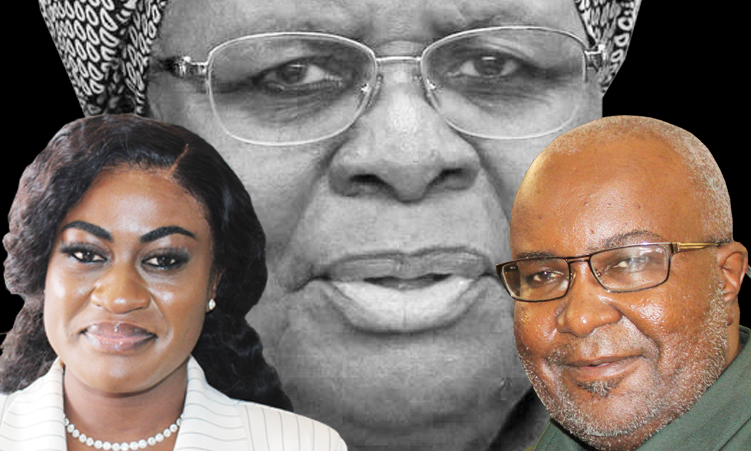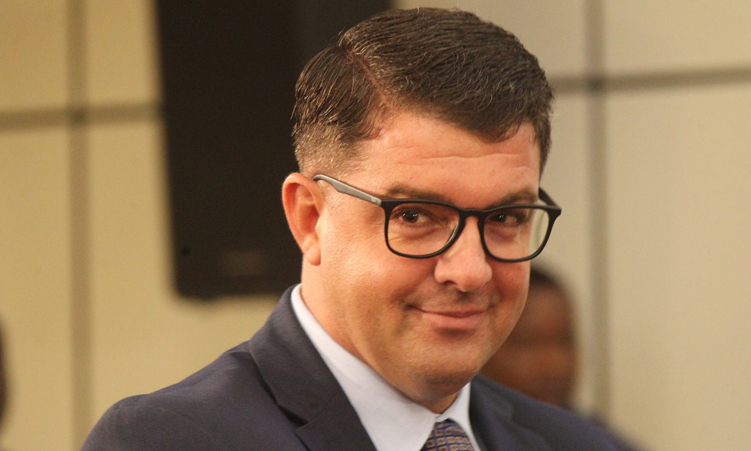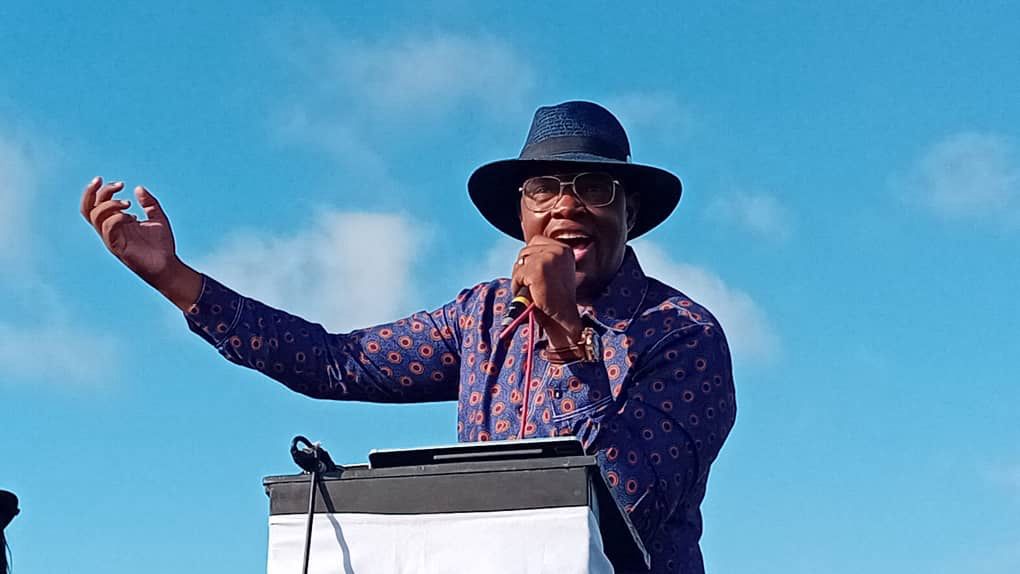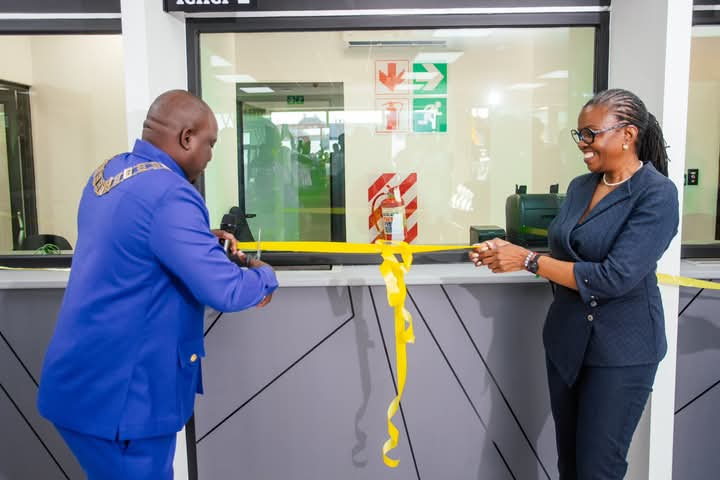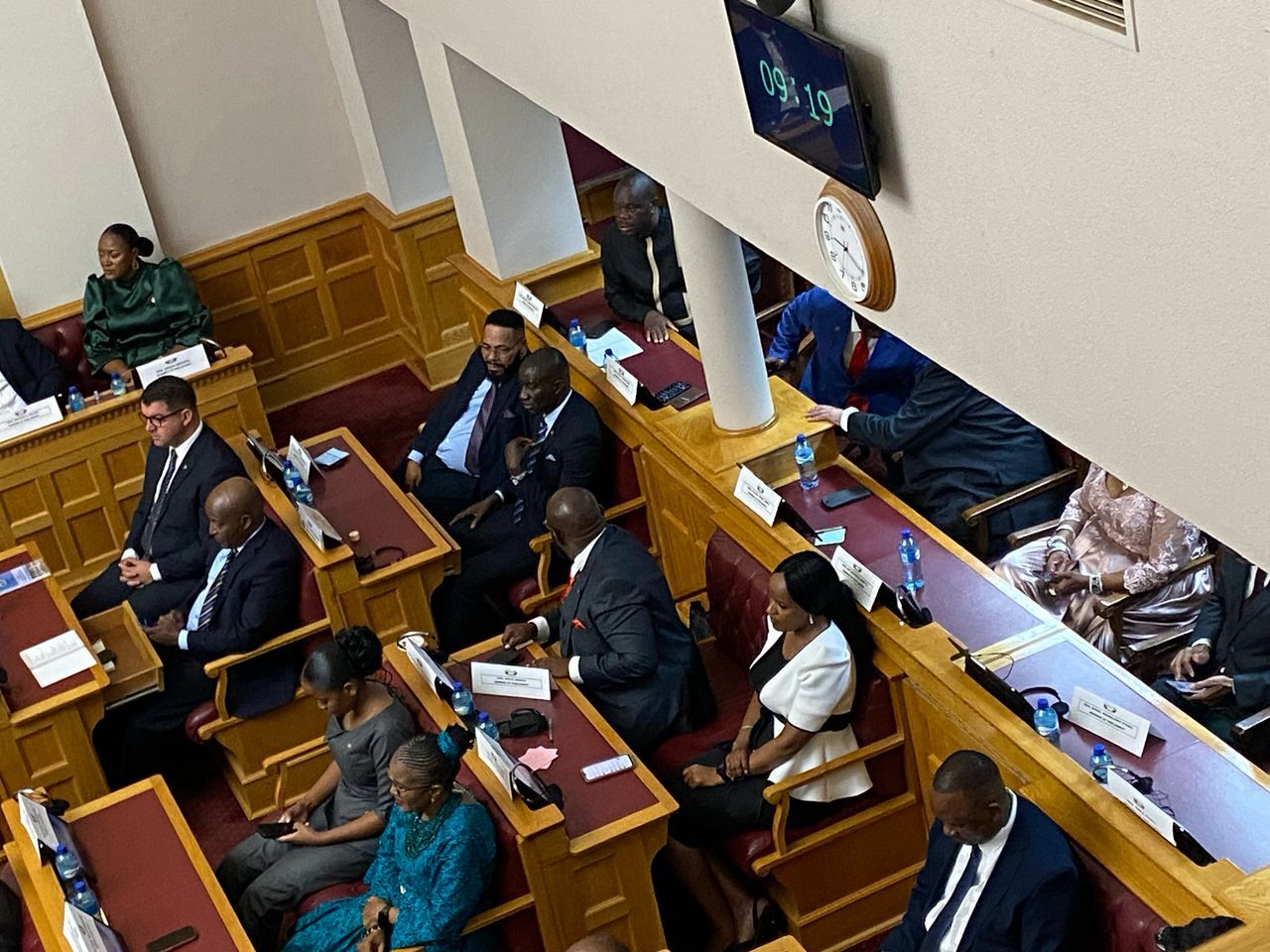President Netumbo Nandi-Ndaitwah opted not to involve the Namibia Central Intelligence Service (NCIS) or the police before appointing her Cabinet.
She mostly relied on an informal vetting process, and now faces criticism for appointing tainted politicians.
Swapo’s defence department, typically tasked with conducting background checks, says it had no role in the screening process.
Traditionally, the NCIS vets candidates for key government positions like executive and deputy executive directors. However, this established protocol was reportedly bypassed for Cabinet ministers.
Nandi-Ndaitwah allegedly chose not to fully implement the state vetting system used by her predecessor.
Since the president’s introduction of health minister Esperance Luvindao and agriculture minister Mac Hengari to the Cabinet, her vetting process has sparked controversy.
Presidential press secretary Alfredo Hengari this week declined to comment on the matter, saying: “The Presidency has already provided comment on these matters.”
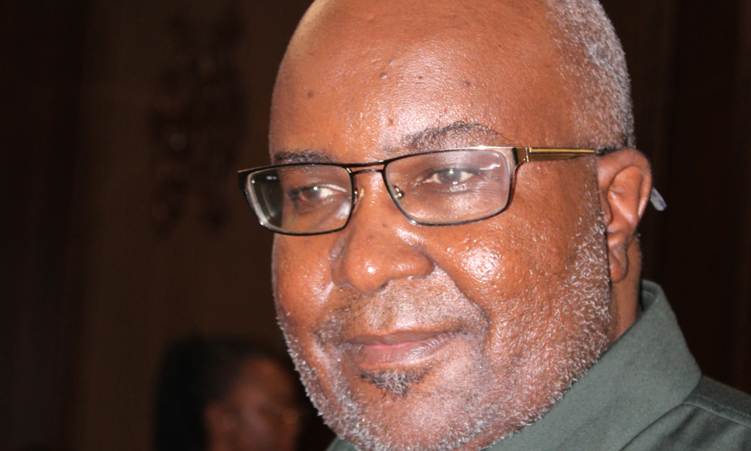
ALLEGED RAPE, MISCONDUCT
The question, however, remains whether Nandi-Ndaitwah knew one of her appointees was under investigation for rape at the time of his appointment.
Hengari, the new minister of agriculture, fisheries, water and land reform, is currently under police investigation over rape allegations in a case opened last year.
Luvindao, the new minister of health and social services, has been accused of professional misconduct, also including a police case.
The president’s ‘vetting team’ is said to be investigating the minister to determine the truth to the allegations.
Government sources insist that the NCIS did not vet the new ministers.
One official has suggested involving the intelligence agency in the vetting process would have made it near impossible for Nandi-Ndaitwah to appoint ministers of her liking.
The president’s list of potential Cabinet ministers allegedly kept changing until the last minute, with some being recommended by those close to her.
When the allegations about Hengari and Luvindao surfaced, Nandi-Ndaitwah was allegedly furious and considered reversing some of her appointments.
Analyst Rui Tyitende yesterday said no law requires the president to subject ministers or deputy ministers to vetting.
He said the legal framework that governs the Public Service Commission as an independent and impartial body as per Article 112 of the Constitution stipulates which public managers should be vetted.
“Put differently, a drug trafficker or a person involved in terrorism can be appointed as a minister of safety and security, as no vetting is required by law,” he said.

SWAPO
Swapo secretary of defence and minister of works and transport Veikko Nekundi earlier this week said the party’s department of defence and security does not vet presidential appointees.
“This means the department only vets cadres for the electoral college. Thereafter there is no further vetting of who the president wishes to appoint.
“Secondly, the department does not vet the eight appointees of the president whatsoever, nor does it get involved,” he said.
Nekundi himself initially failed to make the National Assembly list after placing in 70th position during the Swapo Electoral College, known as ‘The Pot’, last year.
Nekundi only made it to the National Assembly after Nandi-Ndaitwah included him on her list of 10 hand-picked presidential nominees at the expense of Erastus Haitengela, who initially made the list.
Sources say Nandi-Ndaitwah added Nekundi to her list after information about Haitengela was presented to her.
But questions about her vetting process persist.
Inspector general Joseph Shikongo this week told The Namibian “we are not involved” in the vetting of Cabinet ministers.
Swapo secretary general Sophia Shaningwa referred questions to the Presidency.
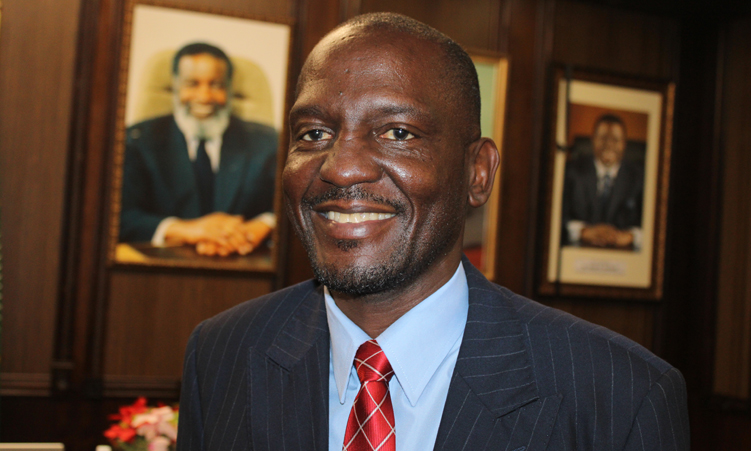
‘VULNERABLE TO PRESSURE’
Some have criticised the state’s vetting process for being vulnerable to political pressure and influence from factions within Swapo.
The ruling party’s internal vetting process is often embroiled in controversy too.
In 2022, former president Hage Geingob’s faction within Swapo was concerned about attempts by a party security operative to conduct background checks on senior politicians, such as then prime minister Saara Kuugongelwa-Amadhila, Oshikoto regional coordinator Armas Amukwiyu, and Katrina Hanse-Himarwa.
These individuals were linked to top positions and were supported by Geingob.
The vetting process, overseen by a security official appointed by Geingob’s then rivals, was seen as significantly influencing the list of candidates and congress delegates.
This led to tensions between Geingob and Shaningwa, with allegations that Shaningwa frustrated the former president by blocking some of his supporters in the party’s restructuring process, potentially impacting delegate selection for the congress.
In 2022, Willem Amutenya, at the time a candidate for the Swapo Party Youth League secretary position, demanded that the incumbent secretary, Ephraim Nekongo, release the vetting report.
Amutenya said Nekongo had asked him to withdraw his candidacy, but he refused, saying he had not received any instruction from the vetting committee to step down.
At the time, Amutenya said he had the right to contest for the position as a full member of the party, and only the vetting committee could disqualify him.

‘COMRADE SECRETARY TO CABINET’
Nandi-Ndaitwah’s informal vetting process also involved the ongoing search for a Cabinet secretary. This job was held by George Simataa since 2015 and ended on 20 March. Sources say Simataa has been given a one-month extension.
It’s unclear who will take over from Simataa, but some names have been circulating. Former minister in the Presidency Christine //Hoebes is said to be eyeing the position.
The Namibian understands that deputy executive director of finance and social grants management Louise Shixwameni was checked for the job. Shixwameni, a strong supporter of Air Namibia and Meatco, dropped off the list in recent months.
She used to be the executive director when public enterprises was a standalone ministry.
When this ministry was merged with finance, she became a deputy executive director in charge of state-owned enterprises. Now that Nandi-Ndaitwah has decided to separate the two again, Shixwameni has been left without a clear role.
“I’m at the office . . . I am still doing work,” she told The Namibian earlier this week.
Shixwameni was expected to take up a senior post in the new administration as she was the chairperson of the Swapo Manifesto Implementation Plan committee, helping shape the ruling party’s agenda for the next five years.
Letshego chief executive Ester Kali was allegedly also considered for a senior position in Nandi-Ndaitwah’s administration.
Like Shixwameni, she did not make the final cut either.
“I don’t have any comment on that. Thank you so much,” Kali said yesterday.
Stay informed with The Namibian – your source for credible journalism. Get in-depth reporting and opinions for
only N$85 a month. Invest in journalism, invest in democracy –
Subscribe Now!




